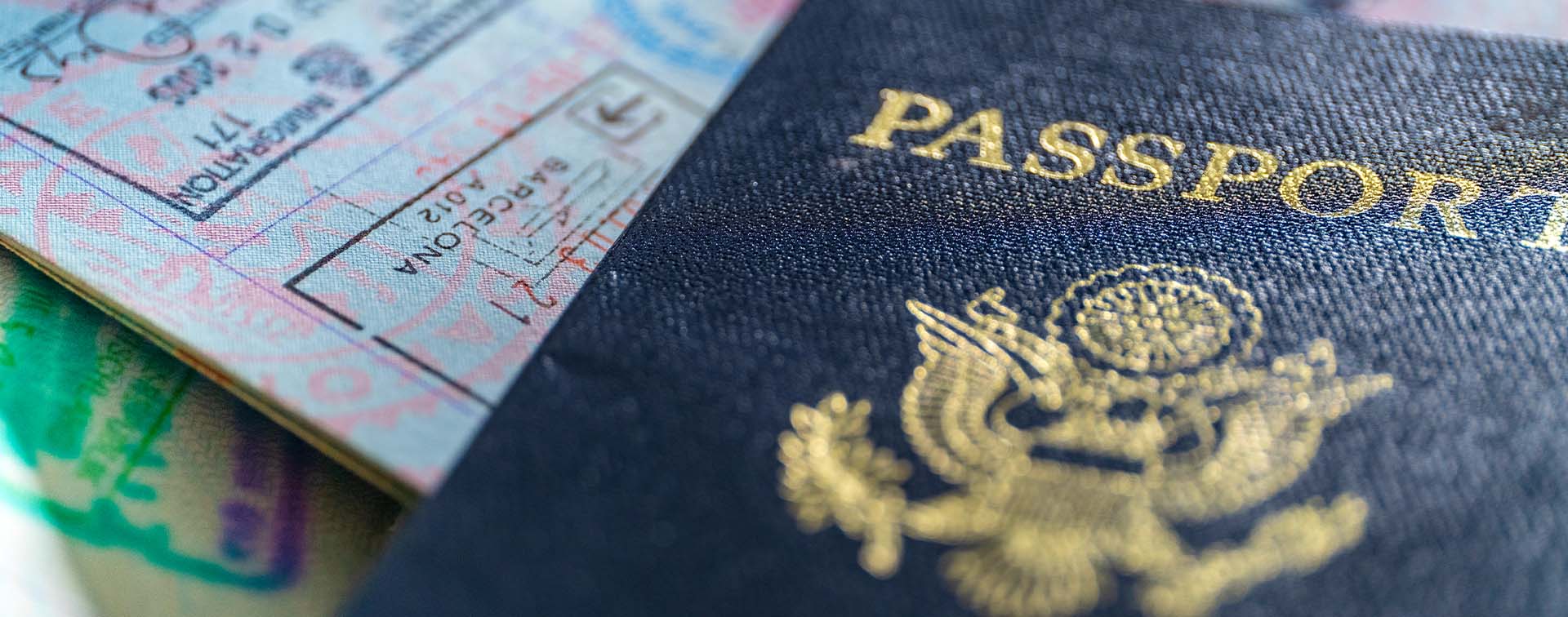
Dr. Juerg Steffen, FIMC, is the Chief Executive Officer of Henley & Partners.
The strength of a nation’s passport has become a critical indicator of its global influence and economic potential. Governments can strategically enhance their passport power, unlocking unprecedented opportunities for their citizens and economies. The ability to travel visa-free to a wide array of destinations is no longer merely a convenience — it’s a powerful economic tool that can drive growth, foster international cooperation, and attract foreign investment.
At the heart of passport power lies an intricate web of visa waiver agreements between nations. These agreements are far more than diplomatic niceties — they are the lifeblood of global mobility and economic interconnectedness. Our research at Henley & Partners has consistently shown a strong correlation between a country’s visa-free score and its economic prosperity. Nations with higher visa-free scores tend to enjoy greater GDP per capita, increased foreign direct investment, and more robust international trade relationships.

The UAE stands as a shining example of what can be achieved through a focused and strategic approach to enhancing passport power. Over the past 18 years, the Emirates has catapulted its passport from a modest 62nd position on the Henley Passport Index to an impressive 9th place in the latest July 2024 ranking. This meteoric rise is not a matter of chance but the result of deliberate and concerted efforts by the Emirati government to forge strong diplomatic ties and negotiate favorable visa waiver agreements.
The UAE’s success story is underpinned by impressive numbers. In 2006, Emirati citizens could access just 35 destinations visa-free. Fast forward to 2024, and that number has skyrocketed to 185 — a staggering 429% increase. This transformation has enhanced the travel freedom of Emirati citizens and positioned the UAE as a global hub for business, tourism, and investment. The economic dividends of this strategy are clear: the UAE has seen its GDP per capita soar, its tourism sector flourish, and its status as an international business center solidify.
Allowing the free movement of people and capital across international borders enables investment and talent to flow to where it is most needed and has the highest return. For the third year running, the UAE looks set to take first place as the world’s leading wealth magnet, with a record-breaking 6,700 millionaires expected to make the Emirates home by the end of the year, according to the recent Henley Private Wealth Migration Report 2024. With consistent high inflows from India, the wider Middle East region, Russia, and Africa, the anticipated influx of larger numbers of Brits and Europeans looks set to see the Emirates attract nearly twice as many millionaires as its nearest rival, the USA, which is projected to benefit from a net inflow of 3,800 millionaires in 2024.
The UAE’s remarkable journey offers valuable lessons for governments aiming to boost their passport power. First and foremost, it underscores the importance of a comprehensive and strategic approach to international relations. The Emirati government has consistently prioritized diplomatic outreach, actively seeking to strengthen ties with nations across the globe. This has not only facilitated visa waiver agreements but has also opened doors for increased trade, cultural exchange, and geopolitical cooperation.
Furthermore, the UAE has leveraged its strategic location and economic strengths to position itself as an indispensable partner in global affairs. By developing world-class infrastructure, fostering a business-friendly environment, and promoting tourism, the country has made itself an attractive destination for both leisure and business travelers. This, in turn, has strengthened its bargaining position in visa waiver negotiations.
Another key aspect of successful passport power enhancement lies in implementing progressive immigration policies. The UAE has excelled in this area, crafting initiatives aimed at attracting skilled professionals, investors, and entrepreneurs from around the world. By offering streamlined visa processes and visa-on-arrival programs for citizens of many countries, the UAE has demonstrated its commitment to global mobility and openness.
While the pursuit of visa waiver agreements is crucial, governments will increasingly need to navigate the growing emphasis on reciprocity in international relations. Recent developments have highlighted the delicate nature of this balance. Namibia’s decision to revoke visa exemptions for over 30 countries that have not reciprocated its visa exemption gestures, Nigeria’s stance on implementing reciprocal measures against nations with strict visa policies, and Brazil’s upcoming visa requirements for Australian, Canadian, and American travelers all underscore a shifting global landscape.
These moves reflect a growing sentiment among nations that visa policies should be a two-way street. More and more governments are recognizing that unilateral visa-free access may not always serve their best interests. This trend presents both challenges and opportunities for countries seeking to enhance their passport power. On one hand, it may complicate negotiations for visa waiver agreements. On the other, it opens up new avenues for diplomatic engagement and mutual benefit. Increasingly, countries will need to be prepared to offer value in return for visa-free access, whether through enhanced security cooperation, trade concessions, or other forms of bilateral collaboration.
Governments should also recognize that enhancing passport power is not a once-off effort but an ongoing process. The global mobility landscape is constantly shifting, influenced by geopolitical events, economic trends, and security considerations. Successful countries will be those that remain agile, continuously assessing and adjusting their strategies to maintain and improve their passport power.
Henley & Partners assists international clients in obtaining residence and citizenship under the respective programs. Contact us to arrange an initial private consultation.

Have one of our qualified advisors contact you today.
We use cookies to give you the best possible experience. Click 'Accept all' to proceed as specified, or click 'Allow selection' to choose the types of cookies you will accept. For more information, please visit our Cookie Policy.